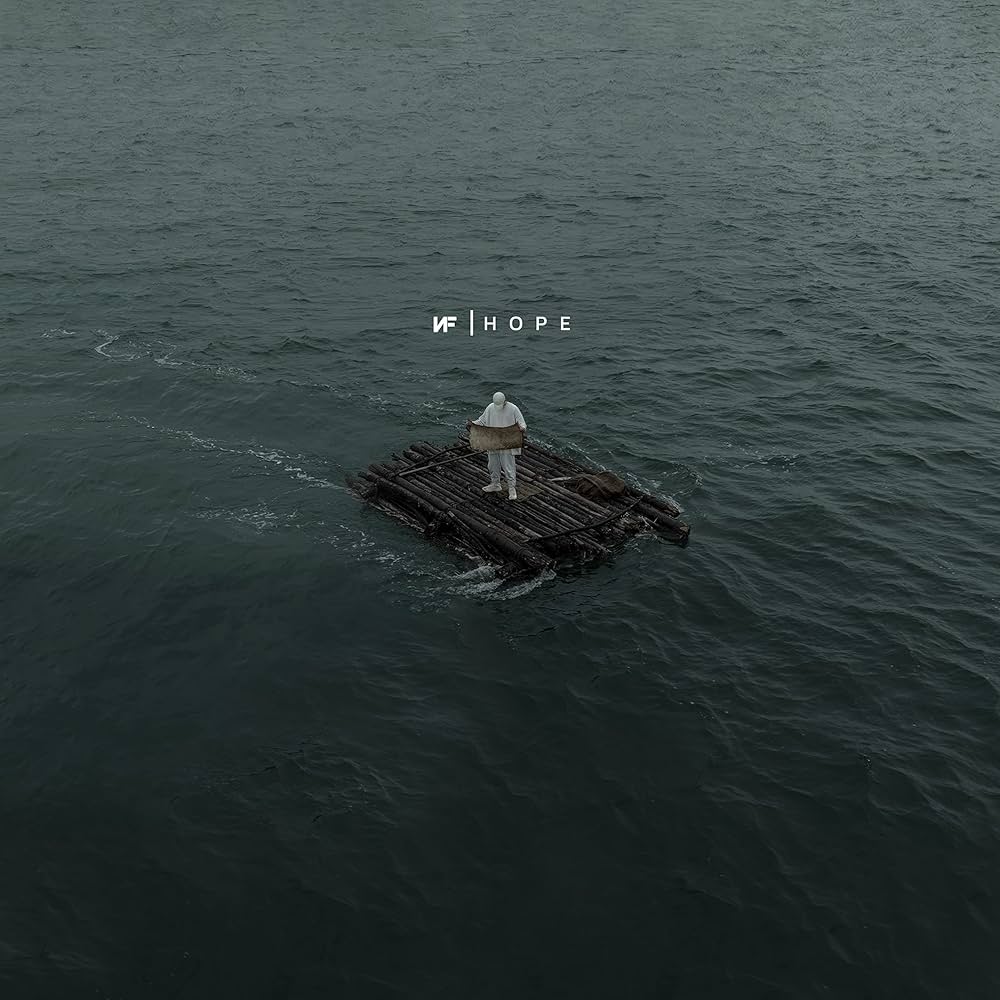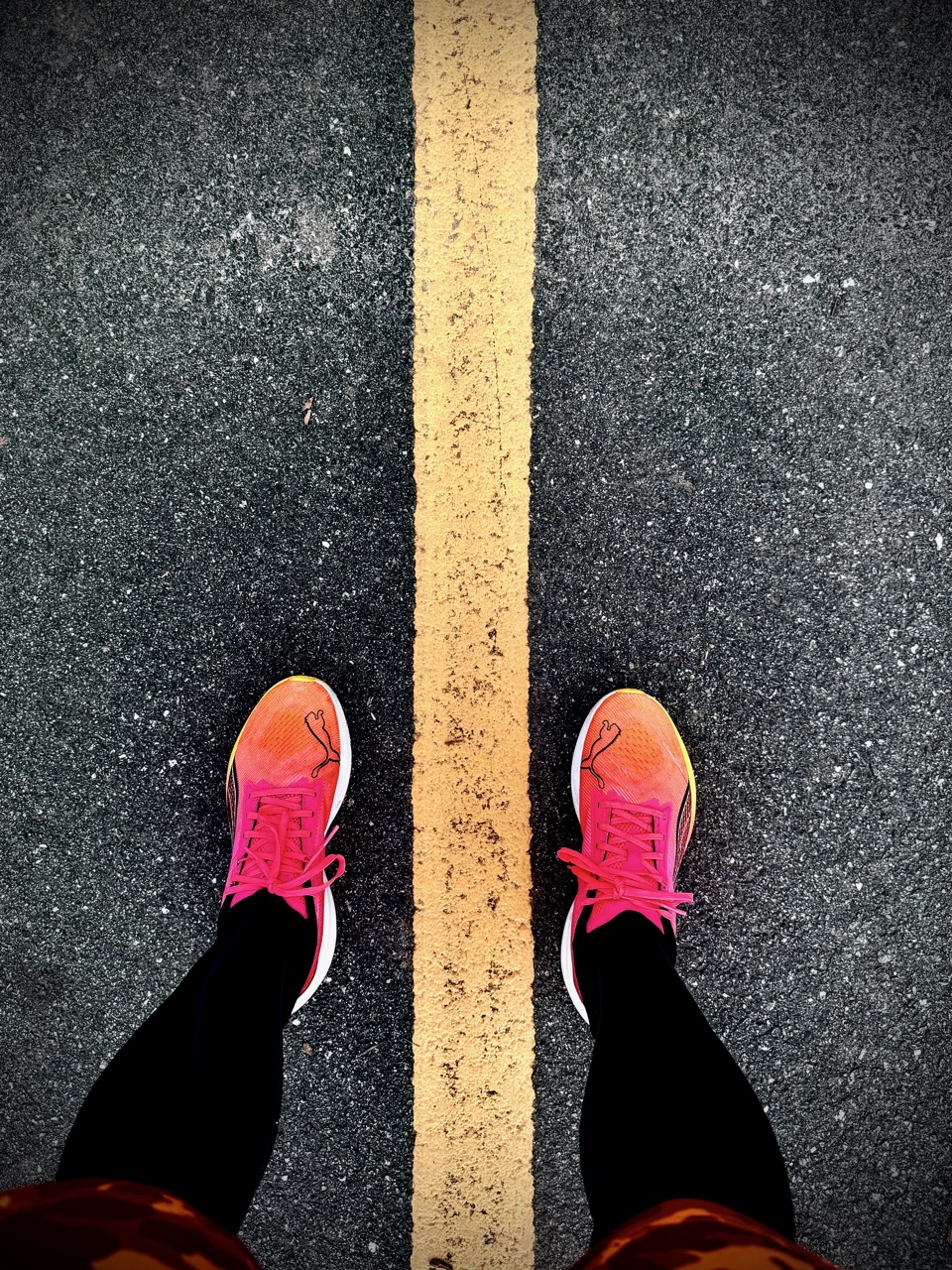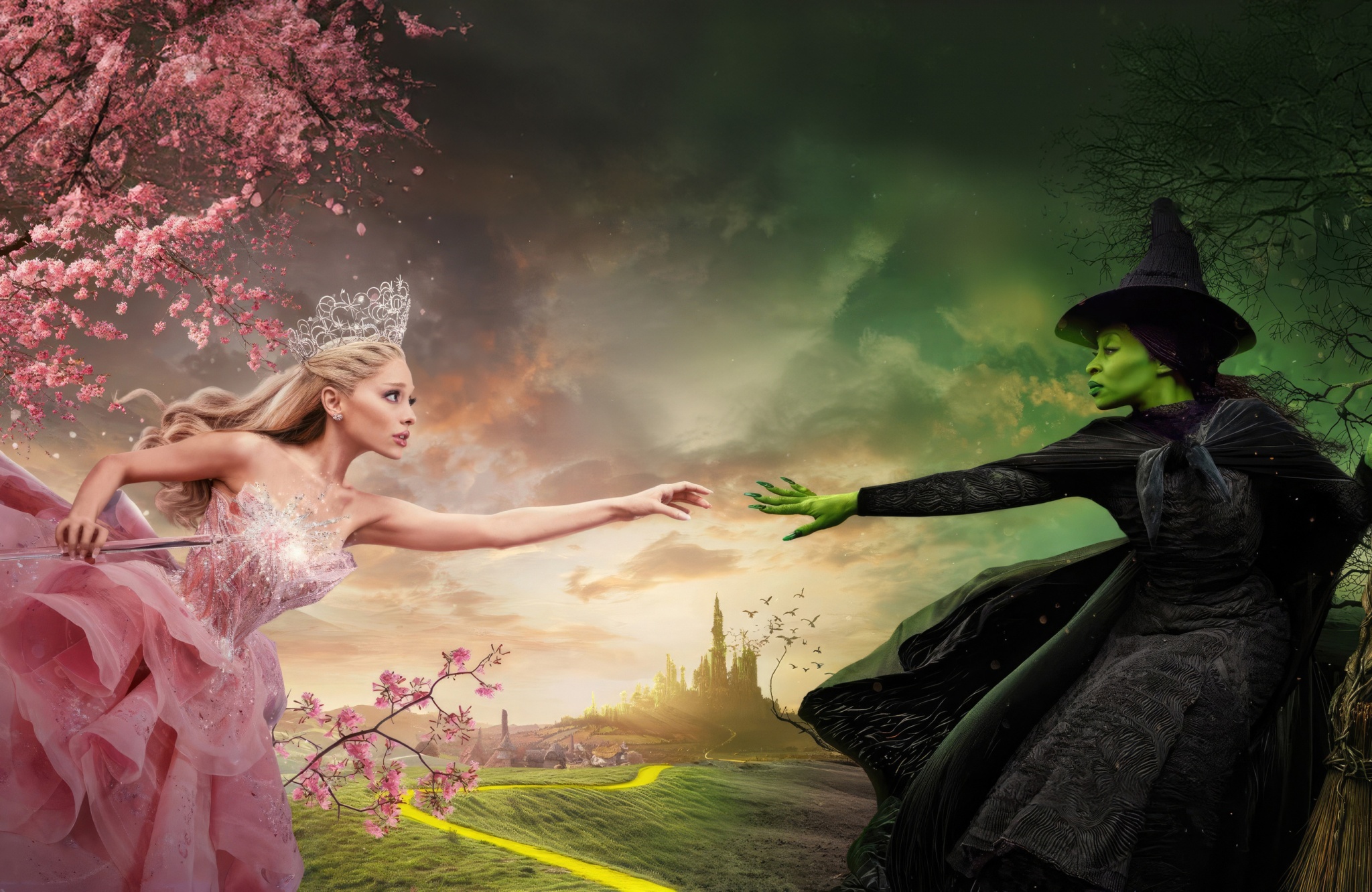Nathan Feuerstein, better known by his stage name NF, is an American rapper and songwriter known for his raw, emotional lyrics that delve into struggles with mental health, trauma, and personal growth. Through his music, he offers listeners a powerful way to process pain, find hope, and embrace vulnerability.
His songwriting teaches us that creativity can be a transformative outlet for emotional release and a tool for healing and self-discovery. NF’s authenticity and unflinching honesty remind us that confronting our darkest moments can lead to strength and resilience.
In his song HOPE, NF explores the emotional complexity of facing personal struggles and finding strength through adversity. The song emphasizes resilience, urging listeners to hold onto hope even when life is crippling.
Through powerful, introspective lyrics, NF conveys that healing is possible, and that transformation often begins with confronting our deepest fears. No matter how challenging the journey, we can grow, evolve, and rise above our circumstances. It’s an anthem of perseverance and faith in the face of pain.
Hope
Yeah, I’m on my way, I’m coming
Don’t, don’t lose faith in me
I know you’ve been waitin’
I know you’ve been prayin’ for my soul
Hope, hope
Thirty years you been draggin’ your feet
Tellin’ me I’m the reason we’re stagnant
Thirty years you’ve been claiming you’re honest
And promising progress, well, where’s it at?
I don’t want you to feel like a failure (failure)
I know this hurts
But I gave you your chance to deliver (deliver)
Now it’s my turn
Don’t get me wrong, Nate, you’ve had a great run
But it’s time to give the people somethin’ different
So without further ado, I’d
Like to introduce my
(My album, my album, my album, my album, my album, my album, my album)
Hope
What’s my definition of success? (Of success)
Listening to what your heart says (your heart says)
Standing up for what you know is (is)
Right, while everybody else is (is)
Tucking their tail between their legs (okay)
What’s my definition of success? (Of success)
Creating something no one else can (else can)
Being brave enough to dream big (big)
Grindin’ when you’re told to just quit (quit)
Giving more when you got nothin’ left (left)
It’s a person that’ll take a chance on
Something they were told could never happen
It’s a person that can see the bright side through the dark times when there ain’t one
It’s when someone who ain’t never had nothin’
Ain’t afraid to walk away from more profit
‘Cause they’d rather do somethin’ that they really love and take the pay cut
It’s a person that would never waver
Or change who they are
Just to try and gain some credibility
So they could feel accepted by a stranger
It’s a person that can take the failures in their life and turn them into motivation
It’s believing in yourself when no one else does, it’s amazing
What a little bit of faith can do if you don’t even believe in you
Why would you think or expect anybody else that’s around you to?
I done did things that I regret
I done said things I can’t take back
Was a lost soul at a crossroad who had no hope but I changed that
I spent years of my life holdin’ on to things I never should’ve kept, full of hatred
Years of my life carryin’ a lot of baggage that I should’ve walked away from
Years of my life wishin’ I was someone different, lookin’ for some validation
Years of my life tryna fill the void, pretending I was in
They get it
Growing pain’s a necessary evil
Difficult to go through, yes, but beneficial
Some would say having a mental breakdown is a negative thing
Which on one hand, I agree with
On the other hand, it was the push I needed
To get help and start the healing process, see
If I’d have never hit rock bottom
Would I be the person that I am today?
I don’t believe so
I’m a prime example of what happens when you choose to not accept defeat and face your demons
Took me thirty years to realize that if you want to get the opportunity
To be the greatest version of yourself
Sometimes you got to be someone you’re not to hear the voice of reason
Having kids will make you really take a step back and look in the mirror
At least for me that’s what it did, I
Wake up every day and pick my son up, hold him in my arms
And let him know he’s loved (loved)
Standing by the window questioning if dad is ever going to show up (up)
Isn’t something he’s gon’ have to worry about
Don’t get it twisted, that wasn’t a shot
Mama, I forgive you
I just don’t want him to grow up thinkin’ that he’ll never be enough
Thirty years of running, thirty years of searching
Thirty years of hurting, thirty years of pain
Thirty years of fearful, thirty years of anger
Thirty years of empty, thirty years of shame
Thirty years of broken, thirty years of anguish
Thirty years of hopeless, thirty years of (hey)
Thirty years of never, thirty years of maybe
Thirty years of later, thirty years of fake
Thirty years of hollow, thirty years of sorrow
Thirty years of darkness, thirty years of (Nate)
Thirty years of baggage, thirty years of sadness
Thirty years of stagnant, thirty years of chains
Thirty years of anxious, thirty years of suffering
Thirty years of torment, thirty years of (wait)
Thirty years of bitter, thirty years of lonely
Thirty years of pushing everyone away
(You’ll never evolve) I know I can change
(We are not enough) we are not the same
(You don’t have the heart) you don’t have the strength
(You don’t have the will) you don’t have the faith
(You’ll never be loved, you’ll never be safe
Might as well give up) not running away
(You don’t have the guts) you’re the one afraid
I’m the one in charge
I’m taking the (no)
I’m taking the
Reigns
Songwriters: Nate Feuerstein / Tommee Profitt
© Capitol CMG Publishing


